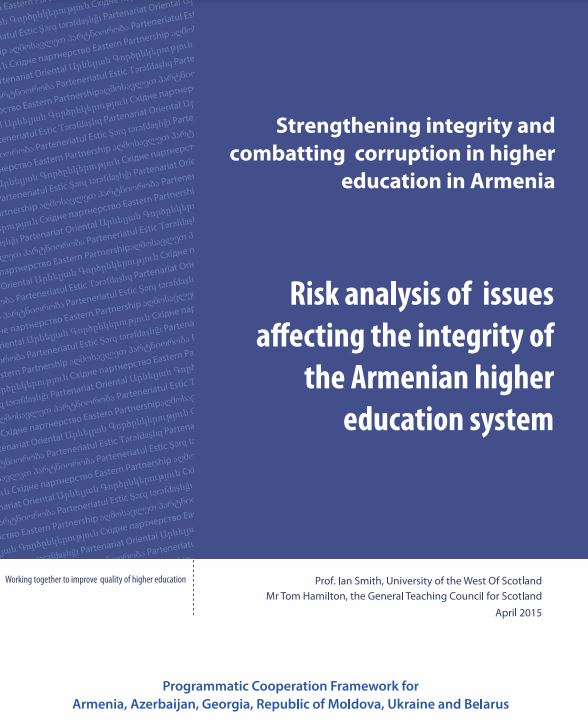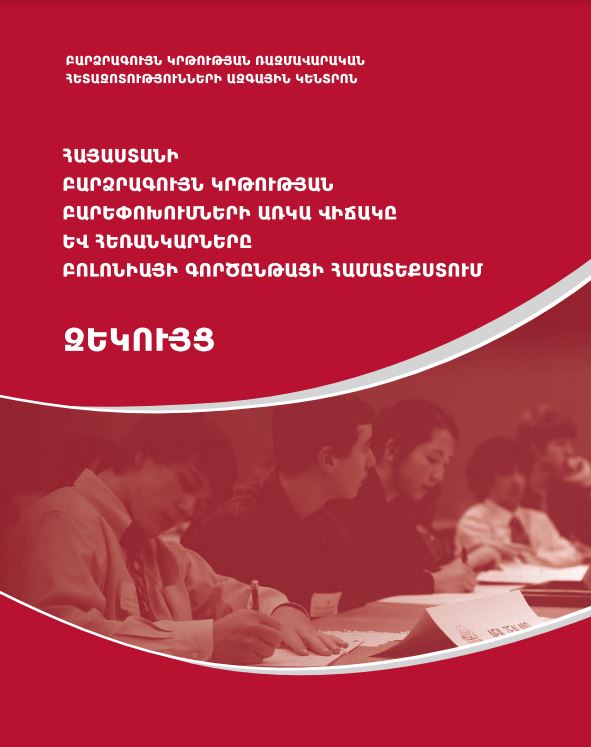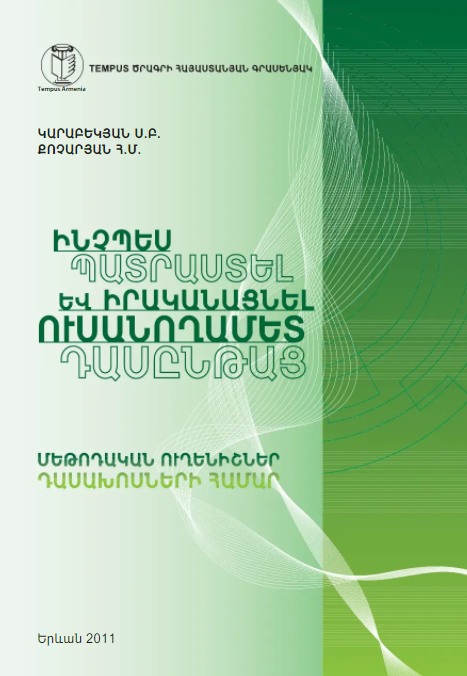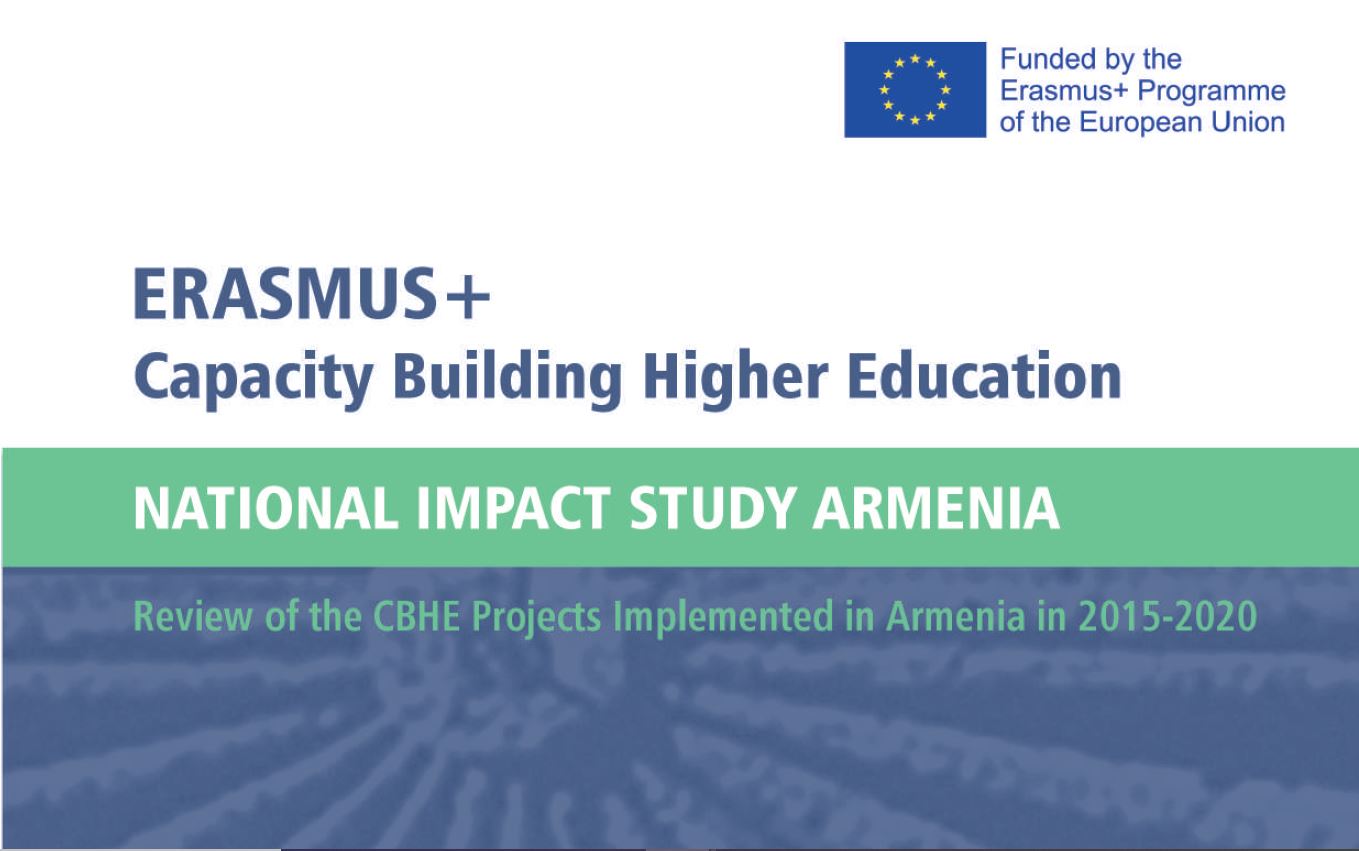“Strengthening Integrity and Combating Corruption of Higher Education in Armenia. Risk Analysis of Issues Affecting the Integrity of Armenian Higher Education System”
This 2015 report is the first output of a two-year Council of Europe project, funded by the European Union, on ‘Strengthening Integrity and Combating Corruption in Higher Education in Armenia’. The project objective is to support the development of prevention and integrity mechanisms for practicing professionals and to increase good governance in the field of higher education in Armenia. The report is to provide an initial expert risk analysis of the issues affecting the integrity of the Armenian higher education system.










